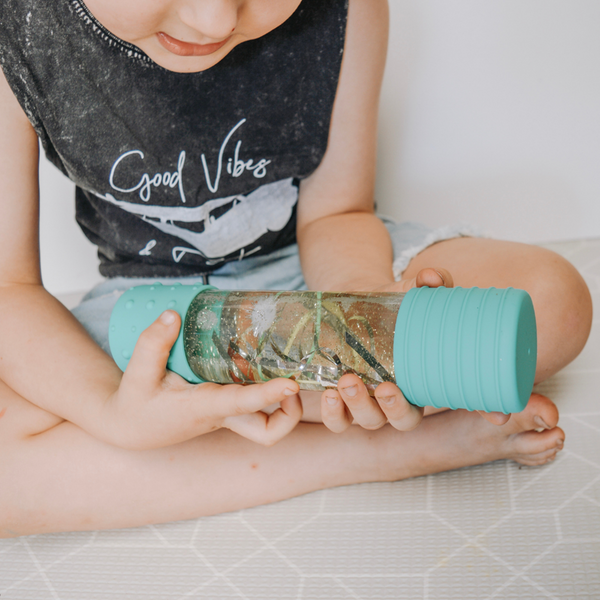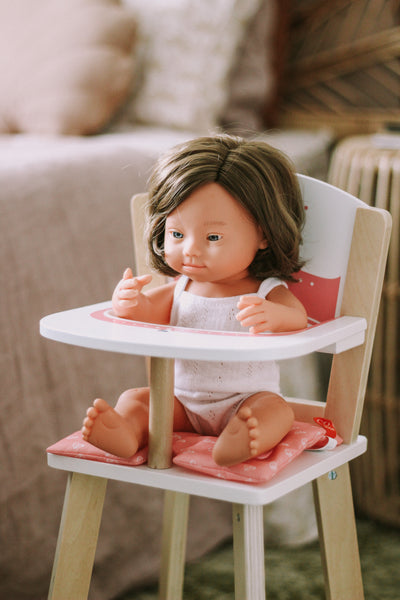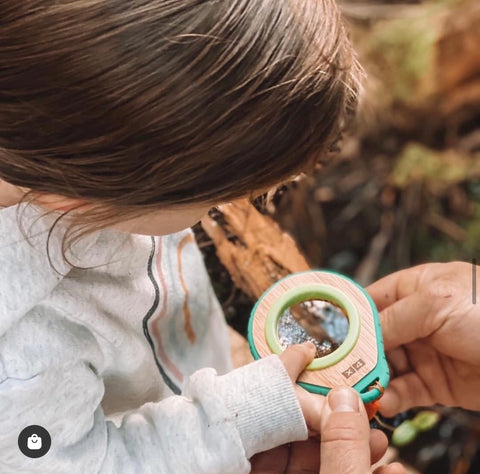Unfortunately there is an increasing rate of anxiety amongst children in recent years. Studies show that there a number of reasons for this increase, including awareness and diagnosis, the pandemic, technology and many more.
Children may feel anxious about starting school, making friends, or trying something new. Some children may also have anxiety disorders, which can lead to excessive worry, fear, and avoidance of everyday activities.
Whilst it's natural for children to experience anxiety in different situations, it can be challenging for parents to help them overcome their fears. One way parents can help is through encouraging play which is a powerful tool for helping children cope with anxiety. Play helps children to express their emotions, develop self-esteem, and build problem-solving skills. Through play, children can explore their fears in a safe and supportive environment. It can also help them learn new coping strategies and feel more confident in stressful situations.
Playful Strategies to Help Children Overcome Anxiety
-
Sensory Play: Sensory play is an effective way to help children calm down and regulate their emotions. You can create a sensory bin with objects that your child can touch, smell, and explore. This can include playdough, water beads, or sand. Sensory play can help your child focus on the present moment and reduce their anxiety.

- Role-Play: Role-play is a fun way for children to practice social situations and develop coping skills. You can act out scenarios with your child, such as going to a birthday party or meeting new friends. Role-play can help your child feel more confident and prepared for real-life situations.
-
Board Games: Board games can be a great way to help children develop problem-solving skills and reduce anxiety. Cooperative games can help your child feel like they are part of a team and working towards a common goal.
-
Imaginary Play: Imaginary play is a creative way for children to explore their fears and build confidence. You can create a "magic box" or "worry monster" where your child can put their worries and fears. Imaginary play can help your child feel more in control of their emotions and develop their imagination.

Helping children with anxiety can be a challenging task for parents, but incorporating play can be an effective way to develop coping skills and reduce anxiety.
Through sensory play, role-play, board games, and imaginary play, children can explore their fears in a safe and supportive environment. It's essential to recognise the signs of anxiety in children and seek professional help if necessary.
Remember, every child is unique, and finding the right play strategy for your child may take some trial and error.
With patience, creativity, and support, you can help your child overcome anxiety and thrive.




